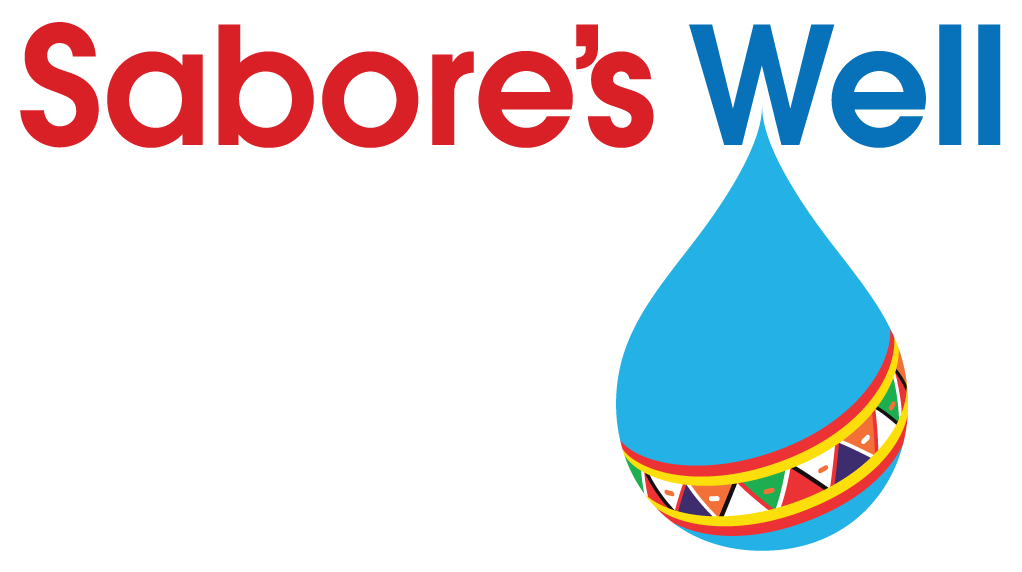Our Wells
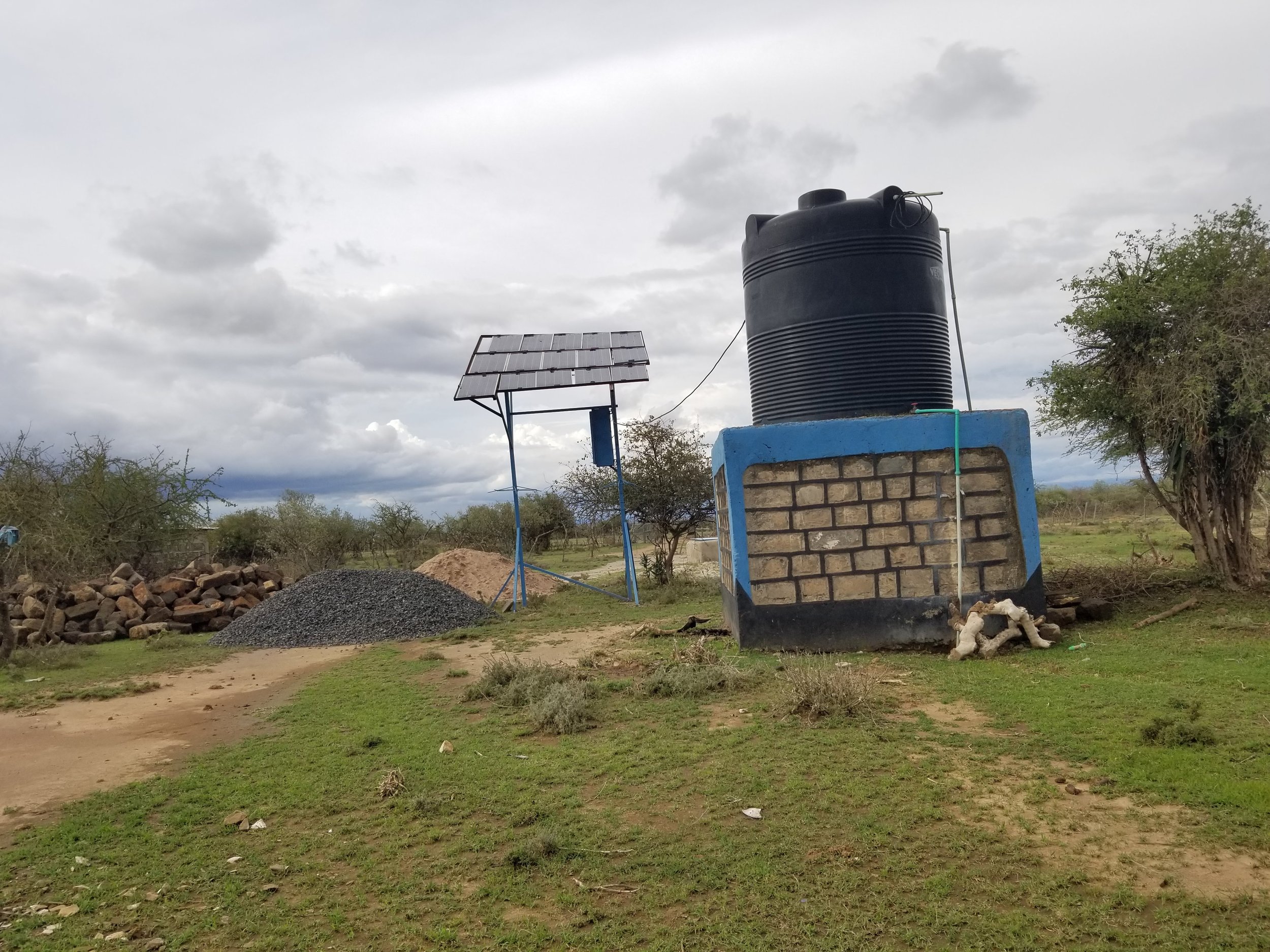

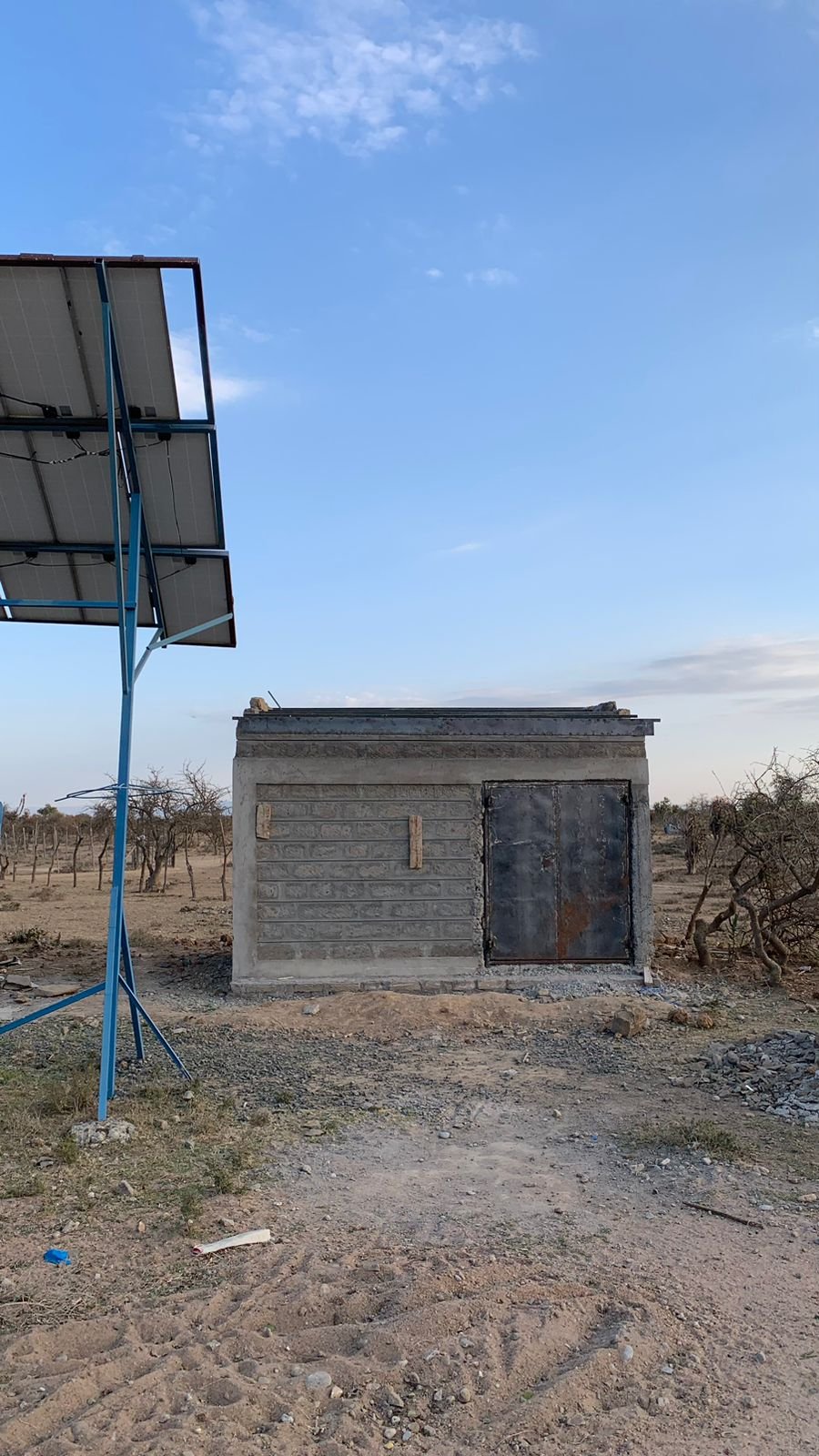

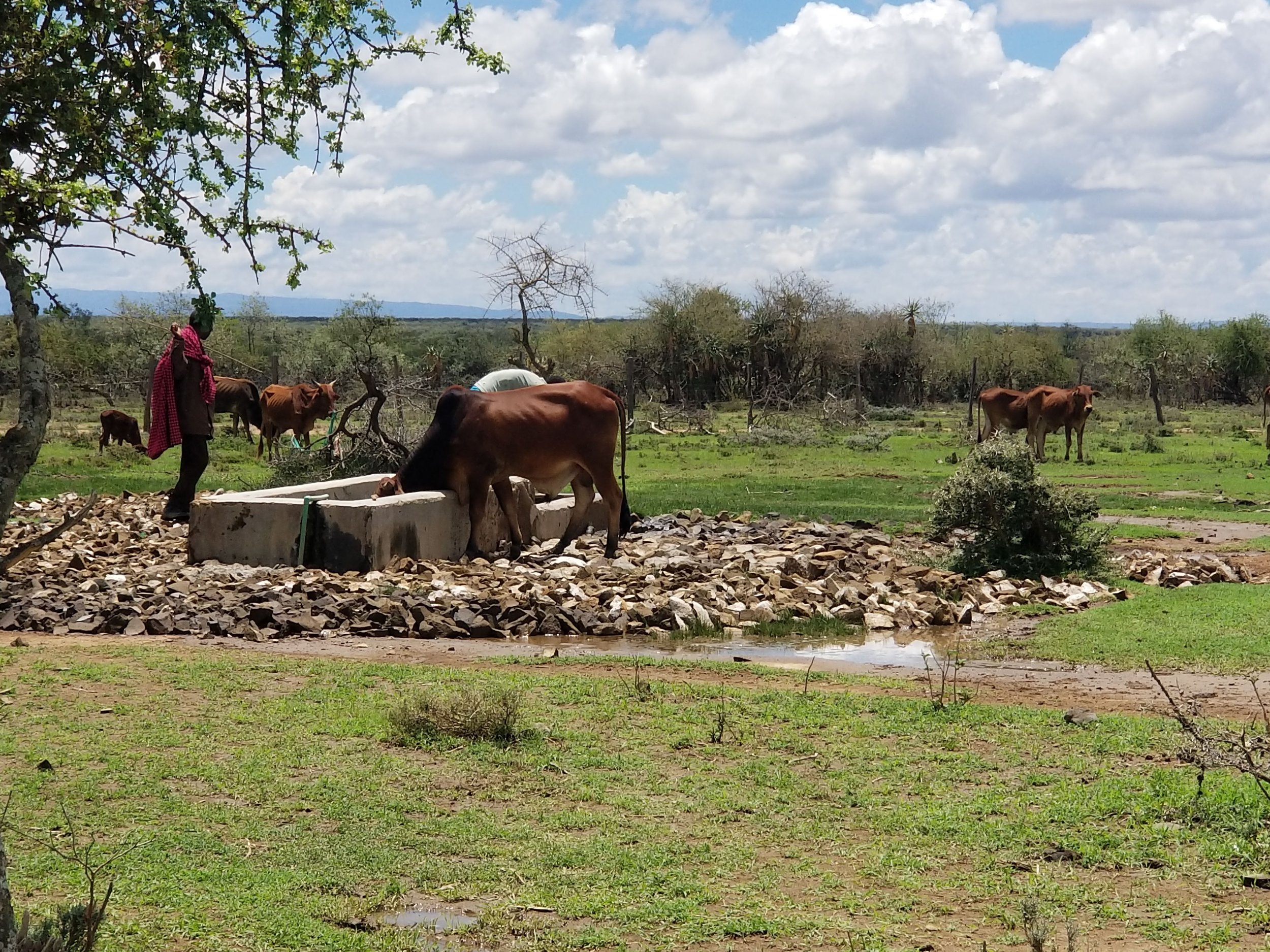

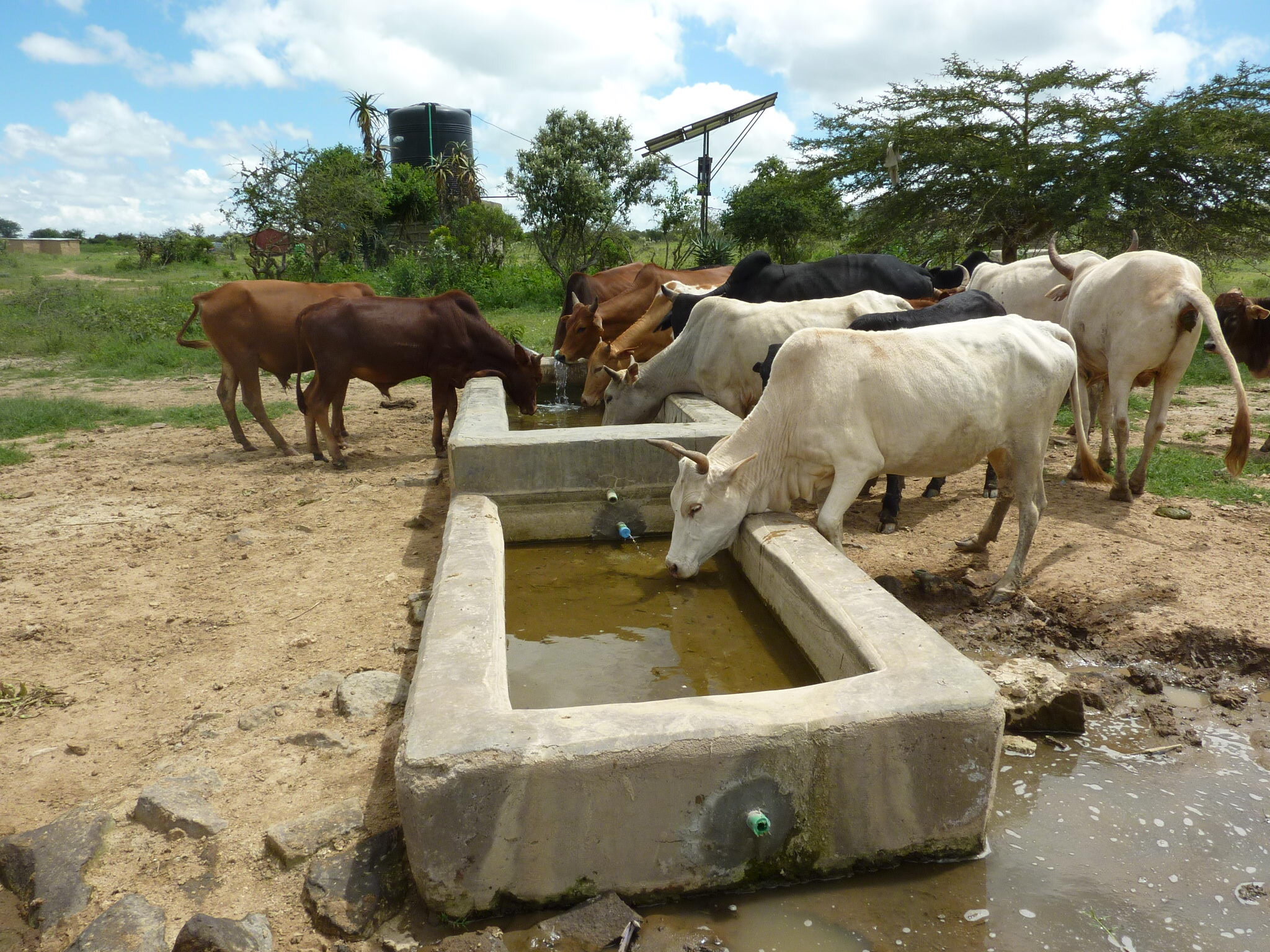


Sabore’s Well has already built two wells, each serving over 250 Maasai families each, and plans to construct a third with your help. Each well is equipped with solar panels, a solar pump, a 10,000 liter holding tank for dispensing the water quicker and more efficiently, and a set of bathrooms. These wells not only provide a sustainable source of clean water, but they also help reduce gender inequality by shortening the long trips Maasai women must make to the river, giving them more time for family or to learn a trade. Additionally, a trough has been installed to provide water to thousands of domestic and wild animals.
More information about the Supetai Well in the Narok County:
The Supetai Well was drilled to a depth of 95 meters. Steel casings were inserted to a depth of 65 meters due to the soft soil and sand located at the site. The drillers tapped into an underground river which produces more water from the well than the original 30 cubic meters per day projected.
The construction of the Supetai well consists of 8” diameter outer casings with 6” steel plain and perforated inner casings following the design created by the supervising hydrologist. The borehole was then properly developed, gravel packed and sealed to avoid any contamination from shallow aquifers. The well was fitted with a solar powered pump connected to a solar panel grid. A pump house was constructed to house the controls for the solar equipment and store the harnessed power. A 10,000 liter holding tank was placed on top of the pump house to allow for storage of the well water and create immediate access to the water for the women. In addition, a public bathing room and 3 toilets were built to provide proper sanitation measures and to keep the area around the wells clean and uncontaminated.
The Supetai well is experiencing a naturally occurring high concentration of fluoride and nitrates which makes the water unsafe for human consumption. Sabore’s Well has been collaborating with engineering, business and anthropology students from two universities, KU Leuven in Brussels, Belgium and Santa Clara University in California, to come up with a solution to remove these contaminants. Through many hours of meetings and discussions, it has been recommended to install a Reverse Osmosis system to purify the water.
To properly house and maintain the Reverse Osmosis machine, a holding room was constructed by the two universities with the help and guidance of our local contractor.
Sabore’s Well was awarded a grant that allowed for the purchase and installation in March 2024 of a Reverse Osmosis system, making the water flowing through it safe for consumption by the community. A water ATM was also added to the project, allowing us to collect a small fee for access to the clean water. These fees are used to maintain the system, covering the cost of necessary chemicals and the quarterly upkeep of the machine. This project has had a transformative impact on the local community, improving lives in countless ways, and the community is deeply grateful to our supporters.
The well is targeted to benefit 3,500 people, 3,000 cows, 10,000 goats/sheep and 100 donkeys. Two water troughs were constructed to provide water for the livestock. Below you will see where the Supetai Well lies on a map! Zoom in and out for better context!
